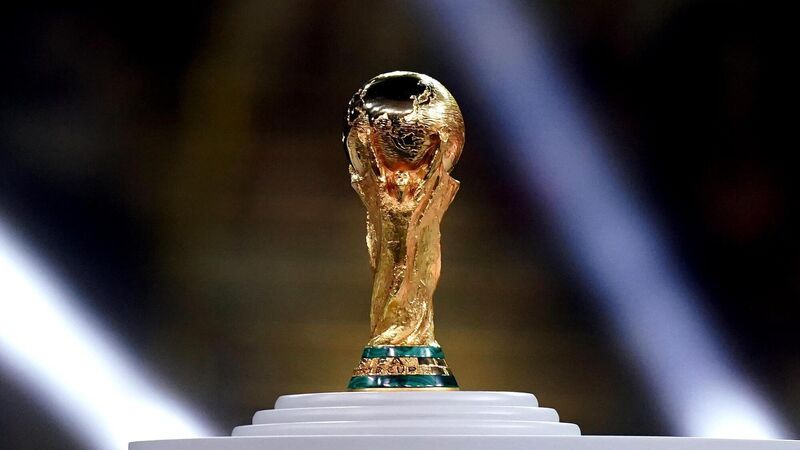Co-hosting tournaments spiking emissions, confirms UCC study

Saudi Arabia will host the 2034 World Cup, with Spain, Portugal and Morocco confirmed as the principal co-hosts of the 2030 tournament
An extensive UCC research study, led by footballer and graduate Conor McCarthy, has found that the move towards co-hosting major football tournaments is hiking emissions.
The travel-related environmental impact of international tournaments is getting progressively worse despite the advances in fuel efficiencies, according to the analysis from 30 years of data from World Cups and European Championships.











